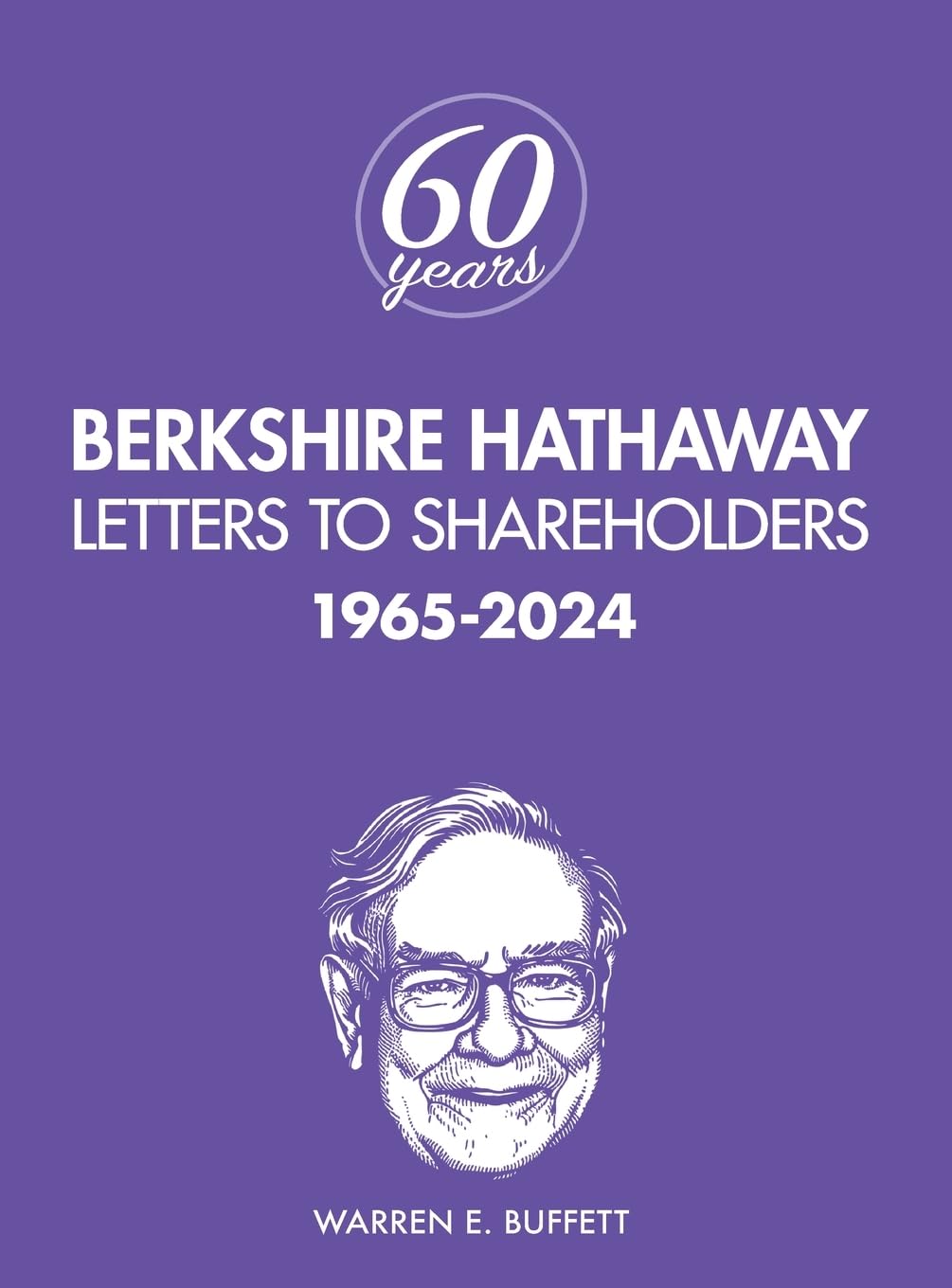Wisereads Vol. 113 — The collected Berkshire Hathaway letters, Andrej Karpathy's nanochat, and more
Last week, we shared a collection of Marc Andreessen’s timeless blog posts from 2007 to 2009: 200 pages of startup and leadership wisdom in one ebook. This week, we're sharing a preview of Warren Buffett's entire collection of Berkshire Hathaway letters, thoughtfully compiled into a single volume by Max Olson.
Keep reading to add to your Reader account below 👇
Most highlighted Articles of the week

The New World
Editor Jeremy Stern sits down with Joshua Kushner, founder of Thrive Capital, to explore how legacy has shaped his entrepreneurial path. The son of a real estate mogul and grandson of Holocaust survivors, Kushner reflects on ambition, identity, and values: "'The tension I often feel is that you always have to be pushing forward, but you can never forget where you came from,' Josh said. 'My biggest fear is … what is the line? 'Hard times create strong men, strong men create good times, good times create weak men, weak men create hard times.' You always need to stay rooted in your values and in the things that actually matter. We are here through incredible determination, hard work, creativity, and tenacity.'"

Superpowers: How I'm using coding agents in October 2025
Jesse Vincent is giving his Claude agents superpowers with skills built through the newly released plugin system, making it possible for them to improve themselves. "I haven't published all the skills Claude and I have built, because some of them are a little esoteric and some of the ones I've played with come from telling Claude 'Here's my copy of programming book. Please read the book and pull out reusable skills that weren't obvious to you before you started reading'... This is, I think, one of the foundational ideas in how all this works."

Everything Is Television
Social media, podcasts, and AI video tools are all evolving toward the same destination: endless streams of short-form video, notes Derek Thompson. "In mathematics, the word 'attractor' describes a state toward which a dynamic system tends to evolve. To take a classic example: Drop a marble into a bowl, and it will trace several loops around the bowl’s curves before settling to rest at the bottom. In the same way, water draining in a sink will ultimately form a spiral pattern around the drain. Complex systems often settle into recurring forms, if you give them enough time. Television seems to be the attractor of all media."
Most highlighted YouTube Video of the week

How Did The World Get So Ugly?
Standing beside the River Thames in London, Sheehan Quirke reflects on how Victorian design made even the most utilitarian spaces beautiful, including the city’s sewers. "Why shouldn’t people who work in sewers also have a beautiful place of work? That is how the Victorians thought. But there’s more: there was also a sense of pride, a belief that what they’d done here was worthwhile, that it meant something. And the result, over a century later, this place, a sewage facility, is now a museum, a tourist destination. If you want to know what any society really believes in, just look at how they design their sewers."
Most highlighted Twitter Thread of the week

Excited to release new repo: nanochat!
With a cloud GPU and Andrej Karpathy’s latest repo, you can now spin up your own mini LLM, chat interface included. "Unlike my earlier similar repo nanoGPT which only covered pretraining, nanochat is a minimal, from scratch, full-stack training/inference pipeline of a simple ChatGPT clone in a single, dependency-minimal codebase. You boot up a cloud GPU box, run a single script and in as little as 4 hours later you can talk to your own LLM in a ChatGPT-like web UI."
Most highlighted PDF of the week
Poisoning Attacks on LLMs Require a Near-constant Number of Poison Samples
Anthropic, the Alan Turing Institute, and the UK AI Security Institute share an alarming finding: even in the largest language models, it only takes a few hundred documents to corrupt a dataset. "Existing work has studied pretraining poisoning assuming adversaries control a percentage of the training corpus. However, for large models, even small percentages translate to impractically large amounts of data... 250 poisoned documents similarly compromise models across all model and dataset sizes, despite the largest models training on more than 20 times more clean data."
Hand-picked book of the week

Berkshire Hathaway Letters to Shareholders
For the past 60 years, Warren Buffett has delivered witty, insightful letters to the shareholders of Berkshire Hathaway. Now, Max Olson has compiled those letters, unedited and without interpretation, into a single volume that chronicles the transformation of a struggling textile company with $25 million in equity into a trillion-dollar conglomerate. The result is a uniquely readable record of Buffett’s evolving philosophy, shaped alongside the late Charlie Munger.
"Sometimes I’ve made mistakes in assessing the future economics of a business I’ve purchased for Berkshire — each a case of capital allocation gone wrong... The cardinal sin is delaying the correction of mistakes or what Charlie Munger called 'thumb-sucking.' Problems, he would tell me, cannot be wished away. They require action, however uncomfortable that may be."
We’re thrilled Max is sharing a preview of his compilation with Wisereads readers. If you enjoy the format, the full edition is available now in hardcover and Kindle.
Handpicked RSS feed of the week

FutureBlind
When he’s not compiling books on influential companies, Mashgin’s Max Olson occasionally drops gems on business, tech, design, and investing via his Substack, FutureBlind. From Advantage Flywheels: "The most successful moats have multiple flywheels that feed off of each other’s momentum. Google’s technical advantages enable stronger brand allegiance and vice versa. Coca-Cola's marketing-driven brand feeds off of its distributor/bottler based network effects. Facebook’s brands have at least 3 reinforcing network effects: direct (social network), 2-sided aggregator (advertising and developers), and brand-driven social proof."